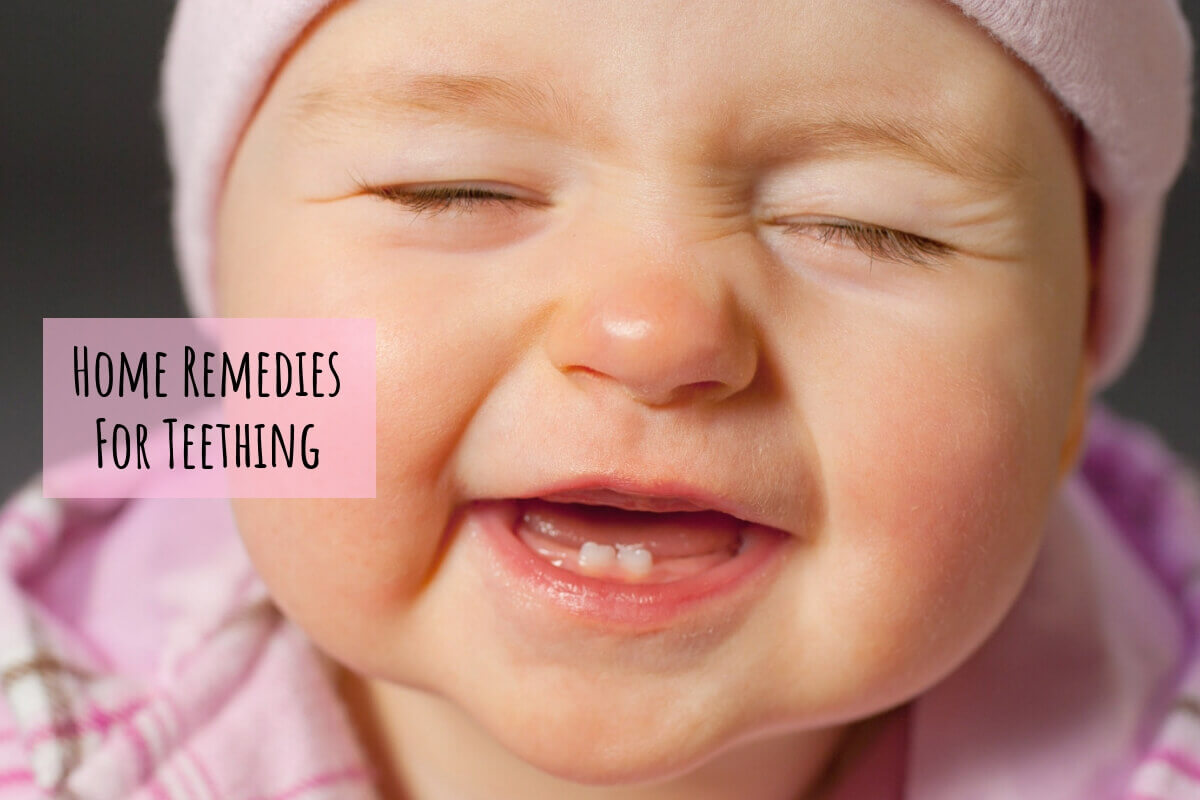 Source: bing.com
Source: bing.comTable of Contents
Introduction
As a new parent, you may be curious about when your baby starts developing bones. It’s an important milestone in their growth and development, and it’s natural to want to know more about it. In this article, we’ll take an in-depth look at when babies start developing bones and what you can do to support this process.
The Development of Bones in Babies
Bones are an essential part of the body that provide support, protection, and movement. In babies, bones start developing in the womb, but the process continues long after birth. Here’s a breakdown of the different stages of bone development in babies:
Embryonic Stage
The embryonic stage is the earliest stage of bone development in babies. It begins at around six weeks of pregnancy and lasts until around eight weeks. During this stage, the baby’s skeleton is made up of cartilage, which is a flexible tissue that provides structure and support. The cartilage will eventually be replaced by bone.
Fetal Stage
The fetal stage is the next stage of bone development in babies. It begins at around nine weeks of pregnancy and lasts until birth. During this stage, the baby’s skeleton continues to develop and harden. The bones are still mostly made up of cartilage, but they begin to calcify, or harden, as calcium and other minerals are deposited.
Postnatal Stage
The postnatal stage is the final stage of bone development in babies. It begins after birth and lasts until the baby reaches adolescence. During this stage, the bones continue to grow and strengthen as the baby grows and develops. The bones also undergo a process called remodeling, where old bone is replaced by new bone tissue.
Factors that Affect Bone Development in Babies
Several factors can affect bone development in babies, including:
Nutrition
Nutrition is critical for bone development in babies. Babies need a diet that is rich in calcium, vitamin D, and other nutrients that support bone growth and development. Breast milk and formula are both good sources of these nutrients.
Exercise
Exercise is also important for bone development in babies. Physical activity helps stimulate bone growth and development, so it’s essential to encourage your baby to move around as much as possible.
Genetics
Genetics can also play a role in bone development in babies. Some babies may be born with genetic conditions that affect their bones, such as osteogenesis imperfecta, a condition that causes brittle bones.
When Do Babies Start Developing Bones?
Babies start developing bones in the womb, but the exact timing of bone development can vary. Here are some general guidelines:- At around six weeks of pregnancy, the baby’s skeleton begins to form from cartilage.- By nine weeks of pregnancy, the skeleton is mostly made up of cartilage, but it begins to harden as calcium and other minerals are deposited.- At birth, the baby’s skeleton is still soft and pliable, but it continues to harden and develop as the baby grows.
Supporting Bone Development in Babies
As a parent, there are several things you can do to support your baby’s bone development, including:
Providing Proper Nutrition
Make sure your baby is getting a diet that is rich in calcium, vitamin D, and other nutrients that support bone growth and development. Breast milk and formula are both good sources of these nutrients.
Encouraging Physical Activity
Encourage your baby to move around as much as possible. Physical activity helps stimulate bone growth and development.
Regular Check-Ups
Regular check-ups with your pediatrician can help ensure that your baby’s bones are developing properly. Your doctor can also provide guidance on how to support your baby’s bone health.
Conclusion
Bones are an essential part of the body that provide support, protection, and movement. Babies start developing bones in the womb, but the process continues long after birth. Supporting your baby’s bone development through proper nutrition, exercise, and regular check-ups can help ensure that they grow up healthy and strong.
Frequently Asked Questions
Q: When do babies start developing bones?
A: Babies start developing bones in the womb, but the exact timing can vary. The skeleton begins to form from cartilage at around six weeks of pregnancy and continues to develop and harden until birth and beyond.
Q: How can I support my baby’s bone development?
A: You can support your baby’s bone development by providing proper nutrition, encouraging physical activity, and scheduling regular check-ups with your pediatrician.
Q: What factors can affect bone development in babies?
A: Nutrition, exercise, and genetics can all affect bone development in babies. It’s essential to provide a diet that is rich in calcium, vitamin D, and other nutrients that support bone growth and development, encourage physical activity, and monitor for any genetic conditions that may affect bone health.
Q: Is it normal for a baby’s bones to be soft?
A: Yes, it’s normal for a baby’s bones to be soft and pliable at birth. The bones continue to develop and harden as the baby grows and develops.
Q: What should I do if I’m concerned about my baby’s bone development?
A: If you’re concerned about your baby’s bone development, talk to your pediatrician. They can provide guidance and schedule any necessary tests or evaluations.
